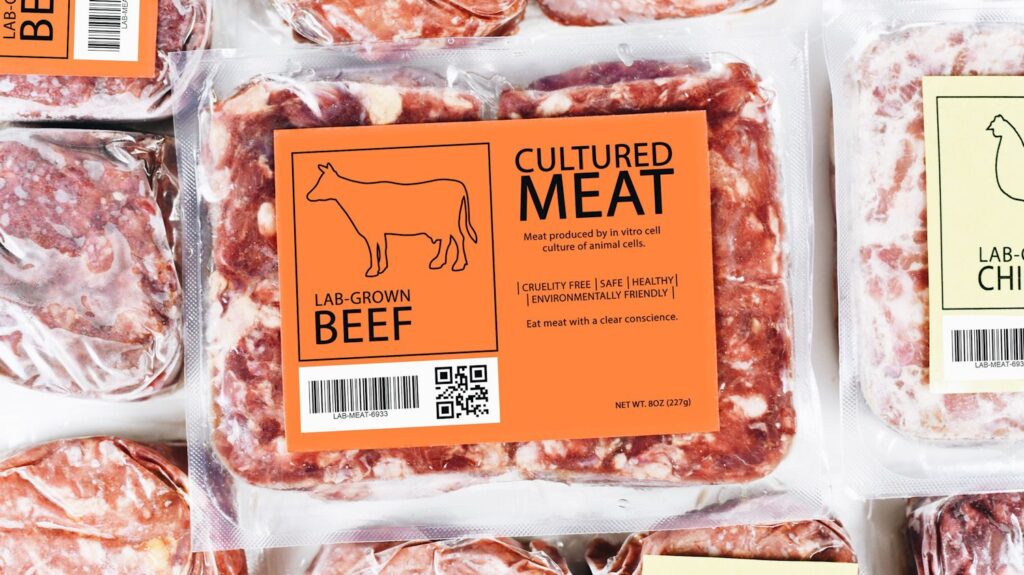The United States Department of Agriculture (USDA) has made its first investment in cultured meat to the tune of a multi-million dollar grant. Over a period of five years, a team led by Tufts University professor David Kaplan will receive $10 million from the government agency to develop cultured meat—meat grown from animal cells in a bioreactor.
Kaplan, a Distinguished Professor at Tufts who is Chair of the Department of Biomedical Engineering, established the Cellular Agriculture Research Group at the David Kaplan Laboratory in Massachusetts in 2016. He believes that the fast-growing industry could provide nutritious food while greatly reducing the greenhouse gas (GHG) emissions and resources used in traditional meat production.
The team will establish the National Institute for Cellular Agriculture, a flagship cultured protein research center, and will combine the efforts of engineers, biologists, nutrition researchers, and social scientists at Tufts and six other institutions. The project will tackle cultured meat not only from a development standpoint, but also consumer acceptance, economics, and the environmental impact.
For example, Kaplan told Tufts Now that part of the research will involve “conducting life-cycle assessments, examining all the inputs that go into growing meat from cells, including the ingredients, the energy required, the resources needed such as water supply and transportation of materials, and also the waste that comes from the process, including greenhouse gases.”
As well as this, the Cummings School of Veterinary Medicine at Tufts will provide animal biopsies to start cell lines. Researchers at Virginia Tech will carry out research similar to Tufts, such as improving the taste and texture of cultured meat. MIT will focus its efforts on AI and modeling approaches and optimizing media formulations for cell culture while Virginia State will focus on nutrition. The University of Massachusetts, Boston, will gather data on the sustainability of cellular agriculture and the University of California at Davies will concentrate on food science. “All of our collaborating institutions will be developing educational programs to facilitate workforce development, too,” adds Kaplan.
Why is the USDA investing in cultured meat?
The global demand for protein is expected to swell as the world population reaches a predicted 10 billion by the year 2050. However, it is not possible for the world to continue to consume meat—the main source of protein in the western diet—while meeting the global greenhouse gas (GHG) reduction targets set by the Paris Agreement. Meat, and the whole of industrial animal agriculture, contribute 14.5 percent of the world’s human-caused GHG emissions.
Multiple studies show that a transition toward plant-based protein could greatly reduce emissions and cultured meat could also be an avenue to cutting carbon emissions from food production if said industry also relies on renewable energy.
Large-scale production of cultured meat is still far off. But progress is being made globally. Singapore approved the sale of California-based food-tech company Eat Just’s cultured chicken, which is sold under the GOOD Meat brand. The company predicts that Qatar may be the next to greenlight meat grown from animal cells. In the U.S., Berkeley-based Upside Foods is working with regulatory agencies to establish the regulation of cultured meat.


